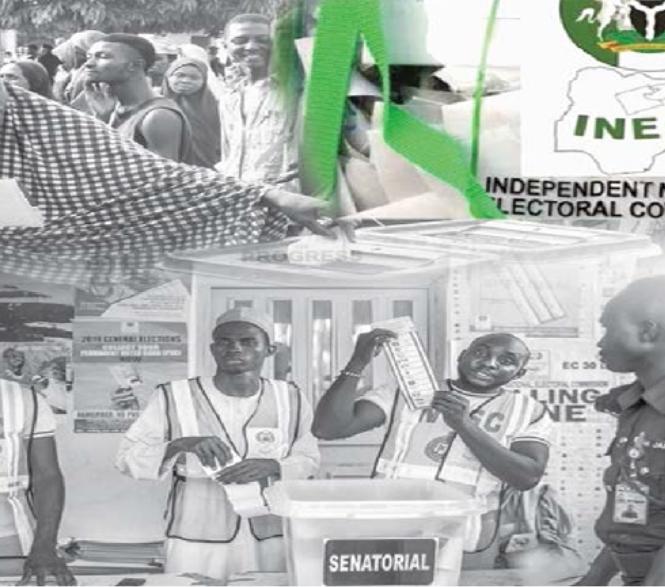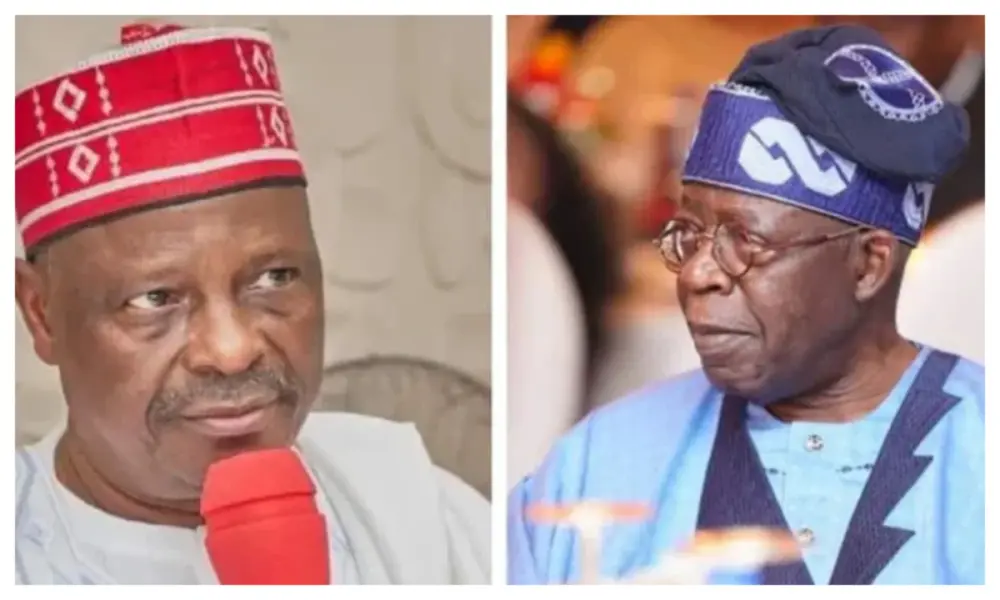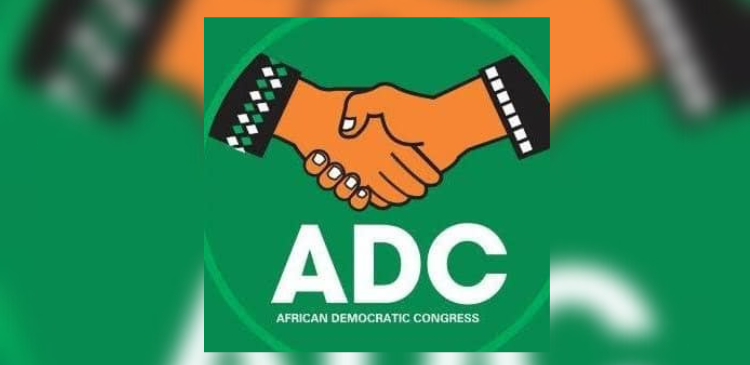Politics
CDD Reveals How Vote Buying, Violence Marred Polls In South-East, North-West

The Center for Democracy and Development (CDD) has released a report on how vote buying and violence marred the the governorship and state house of assembly elections.
The CDD, in a press statement released on Monday, said vote buying was more in the South-East than in any other geopolitical zones, while violence marred polls in North-West region during March 18th elections.
Recall that the governorship and state house of assembly elections were held on March 18 in 28 states across the country.
According to CDD, voters were more focused on what they would get than the ideology of the candidates.
READ ALSO: 2023 Elections: 21 Reaths Reported On Election Day – EU Mission
It said the vote-trading was made possible due to the prevailing economic hardship amid the current cash crunch.
“In total, 25.3 percent of observers noted vote buying at their polling units across the country with the highest figures reported in the northwest (35.4 percent) and southeast (41.4 percent),” the statement reads.
“In Anambra state, party agents were observed using materials, phones, and other souvenirs to entice voters. In the south-south, multiple party agents reported a desire for voters to show proof of their vote before being paid, with party agents reportedly compiling a list of their voters in Esan Central LGA, Edo state.
“The prevailing economic hardship in the country – 133 million Nigerians were estimated to be multidimensionally poor in 2022 according to the National Bureau of Statistics – and the continued shortages of fuel and particularly Naira were undoubtedly a factor in this.
READ ALSO: JUST IN: EU Mission Knocks INEC, Says Violence, Vote-buying Marred Gov Polls
“Votes were being traded for between N1,000-2,000 in parts of Edo and Benue states for example, with goods of similar value used in many cases in lieu of cash given the continued currency shortages. Across the region, manifestations of vote buying included the use of fabric, toiletries, ‘I-owe-you-vouchers’ and food items.”
The CDD said electoral violence was more in the northwest with voters being threatened with death in some polling units.
“Voter suppression, voter intimidation, and the destruction or theft of election materials predominantly by political party agents and politically aligned thugs were recorded across all six geopolitical zones,” it said.
“A total of 10.8 percent of observed polling units recorded violence and/or fighting; this was most pronounced in the northwest (19.9 percent) and south-south (11.6 percent) geopolitical zones with Bayelsa and Zamfara, the two states with the most incidents recorded by our observers.
“These violent incidents were often focused in political strongholds of opposition or perceived opponents which suggests that the use of BVAS – which can limit overvoting in principle has resulted in a more concerted effort to stymie votes than to try and stuff ballot boxes in order to rig the outcome of an election.
READ ALSO: Gunmen Kidnap INEC Electoral Officer In Zamfara With Election Results
“Conventional forms of voter suppression were recorded by observers across the northwest zone, and most apparent in Zamfara where the bandits and vigilante groups, particularly Yan Sakai, were reported to have threatened voters with death if they voted for the incumbent.
“Similar incidents of intimidation were reported in all geo-political zones, and were most pronounced in the southeast zone (9.8 percent as compared with a nationwide average of 4.7 percent), with party agents involved. In Lagos, for example, voters were told to vote for the incumbent or they would be flogged in Lagbasa and Ado primary schools in Ajah LGA.”
The CDD said the outcome of the presidential and gubernatorial elections would either worsen or strengthen Nigeria’s democracy.
It added that some of these determining factors include, the pronounced ethnic divisions, the electorate’s increased awareness and involvement in the process, the political influence of alternative parties, and the incorporation of technology amongst others.
Politics
PDP Crisis: INEC Rejects Turaki-led NWC

The Independent National Electoral Commission, INEC, has said it will not recognise the Kabiru Turaki-led National Working Committee, NWC, of the Peoples Democratic Party, citing existing court judgments and unresolved legal processes.
This was as contained in a letter dated December 22, 2025, signed by INEC Secretary, Dr Rose Oriaran-Anthony.
The Commission stated that it could not act on demands to acknowledge or upload on its website the list of national officers said to have been elected at the National Convention held on November 15 and 16, 2025, in Ibadan.
READ ALSO:Osun, Imo, Kano Lead As INEC Reports 2.3m New Voter Registrations
According to INEC, its position was guided by subsisting court decisions and pending litigation relating to the leadership crisis within the PDP.
The electoral body further noted that it would be improper to recognise any factional officers while the matter remains before the courts.
Politics
Govt That Fails To Protect Its Citizens Has No Business Remaining In Office – Kwankwaso

Senator Rabiu Musa Kwankwaso, leader of the Kwankwasiyya Movement and 2023 presidential candidate of the New Nigeria Peoples Party (NNPP), has accused the Federal Government under President Bola Ahmed Tinubu of lacking the political will to tackle Nigeria’s worsening insecurity.
Kwankwaso spoke on Tuesday in Kano while unveiling 2,000 operatives of the Kano State Neighbourhood Security Network.
He urged President Tinubu to “rise to the occasion and truly act as the Commander-in-Chief” in addressing banditry and other security challenges.
READ ALSO:Tinubu Embarks On Three-state Visit
According to him, Nigeria’s military “remains one of the most gallant in the world,” having served in international peacekeeping missions in Darfur, Liberia, and other conflict zones.
However, he said the armed forces are not being adequately supported to perform optimally.
“Today, many innocent Nigerians are being killed, while the perpetrators walk freely as if nothing happened. The government must apologise to Nigerians for its laxity in the fight against insecurity,” he said.
Kwankwaso, who once served as Minister of Defence, added: “When I was Defence Minister, I knew the capability of the Nigerian military. They are courageous and professional but need clear direction, support, and political will to do the needful.”
READ ALSO:Soyinka Decries Seyi Tinubu’s ‘Excessive’ Security Escort
He stressed that Nigeria’s armed forces had historically ranked among the best globally and urged the government to equip them properly to change the current security situation.
Kwankwaso also said that if elected president in 2027, he would recruit over one million additional military personnel to strengthen national security.
“Any government that fails to protect the lives and property of its citizens has failed woefully and has no business remaining in office,” he declared.
He further called on the Federal Government to integrate community-based security initiatives, like the Kano Neighbourhood Security Network, into the national security system to boost morale and improve intelligence-driven operations against criminals.
Politics
ADC Announces Temporary Closure Of Secretariat

The African Democratic Congress, ADC , says it has temporarily closed its National Secretariat as part of the end-of-year break.
A statement by its National Publicity Secretary, Bolaji Abdullahi, said full operations are scheduled to resume in the New Year.
According to the statement, the secretariat will close on December 23, 2025, and reopen on January 5, 2026.
READ ALSO:Irresponsible Of You To Blame Trump Over Rising Insecurity – ADC Blasts Tinubu’s Govt
The party, however, said essential skeletal services will remain available throughout the period, while all other official activities at the National Secretariat will be suspended to allow staff and party officials observe the Christmas and New Year holidays.
“This is to inform the public that the African Democratic Congress National Secretariat will close for the year on 23rd December 2025 and will resume full operations on 5th January 2026.
“During this period, only skeletal services will be available, while all other official activities at the Secretariat will be temporarily suspended,” the statement said.
READ ALSO:Hoodlums Set Ablaze ADC Secretariat In Ekiti, Disrupt Party Excos’ Inauguration
The party thanked its members, partners and supporters for their continued loyalty and cooperation throughout the year, noting that their support remains critical to the growth and stability of the party.
The ADC also said it is committed to its ideals and to democratic engagement as it prepares for activities in the coming year.

 News4 days ago
News4 days agoFULL LIST: Churches That Don’t Celebrate Christmas

 News4 days ago
News4 days agoJUST IN: Kano Lawmaker, Sarki Aliyu Daneji, Dies Hours After Colleague’s Passing

 Headline3 days ago
Headline3 days agoJUST IN: US Forces Bomb Terrorists Camps In Nigeria

 News3 days ago
News3 days agoOkpebholo Slams ₦25bn Libel Suit On Edo PDP Chairman

 Headline3 days ago
Headline3 days agoUS Dept Of War Shares Video Of Air Strikes In Nigeria

 News5 days ago
News5 days agoOPINION: The Day Friendship Died

 Entertainment4 days ago
Entertainment4 days agoAFCON 2025: Davido Wins $96,000 After Super Eagles Beat Tanzania

 News4 days ago
News4 days agoSheikh Gummi Sues Two Over Alleged False Facebook Publication

 News4 days ago
News4 days ago7 Health Risks Of Owning A Cat

 Headline4 days ago
Headline4 days agoCoup: Guinea-Bissau Junta Releases Six Held Opposition Politicians
































